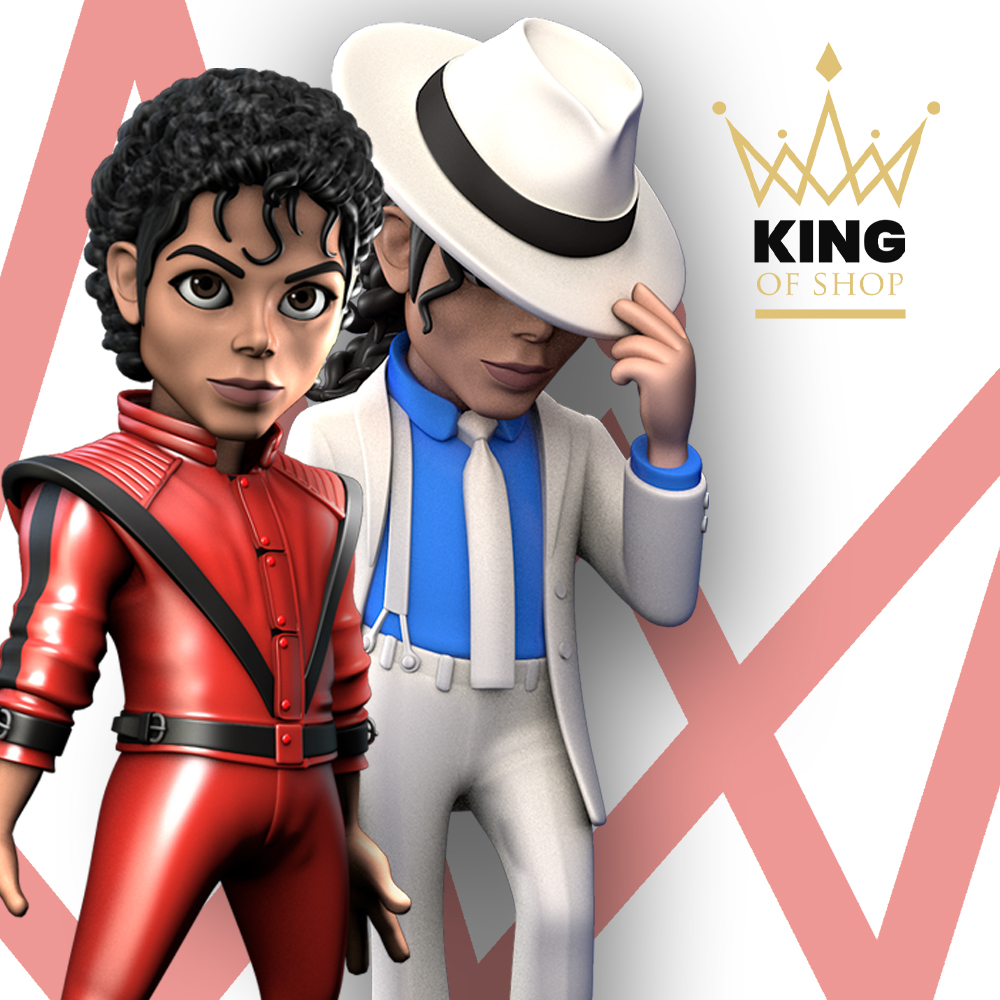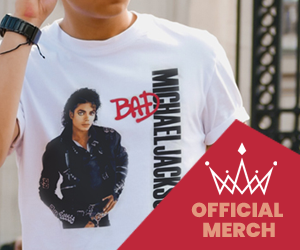
Lionel Richie photographed by Pamela Littky at his home in Beverly Hills, California on October 30, 2014.
Lionel Richie splays his body over an armchair in his palatial Beverly Hills mansion, with a scarf wrapped around his neck and The Police playing on the sound system. “I don’t need five or six homes,” he says. “I just need one good one.”
In fact, Richie, 65, owns two — the other is in his hometown of Tuskegee, Ala. He grew up with his father, who served in the military, and mother, an English teacher, in a house on the campus of Tuskegee University. Tuskegee was also where he majored in economics and joined The Commodores, who debuted at a college talent show in 1968 and went on to be a leading funk band of the ’70s with hits including “Brick House.”
The group also showcased Richie’s gift for ballads (“Easy,” “Three Times a Lady”) which, perhaps inevitably, led to a solo career that started in 1981. Richie himself has scored 13 top 10 Billboard Hot 100 hits, including five No. 1s: “Endless Love” (a duet with Diana Ross), “Truly,” “All Night Long (All Night),” “Hello” and “Say You, Say Me.” While never a critical favorite, Richie steadily constructed an enduring catalog. In 2012, he revisited his songbook, reinterpreting his smashes as duets with country stars from Kenny Chesney to Kenny Rogers. The resulting album hit No. 1 on the Billboard 200; naturally, Richie called it Tuskegee.
Richie has been married twice, and has three children, one of whom is reality star Nicole Richie (which means that Joel Madden, lead singer of Good Charlotte, is his son-in-law), and two grandchildren. He has sold 23 million albums in the United States, according to the RIAA, but in recent years has been better known for his relentless touring, playing everywhere from Bonnaroo to the Middle East, where he has a huge following. On Nov. 20, he will be named a Legend of Live at the 2014 Billboard Touring Awards. “The essence of who you are is onstage,” says Richie. “The performance is the cherry on the cake for all the work you did in the studio.”
What did you buy with your first big record-company check?
I bought a Yamaha piano, which happens to be in the other room. For all the songs I had written up to that point, I would go to a house on campus called the theater shack, which had a piano in the corner. I would stay all evening, and from there I would go to a place on campus where the choir rehearsed and play on that piano. Finally, I figured that I needed to have a piano. At the same time, I bought a silver Datsun 280Z 2+2. I still have that too, by the way. It was one year older by the time I got it, because I kept trying to negotiate. Finally, the next year’s cars came in and the guy said, “Lionel, take the car off the lot. We got to send it back anyway. You got your price.”
Do you still have the green sweater from the cover of your first solo album?
I sure do. And I’ve got the “Hello” sweater. The only thing we didn’t think about was the “Hello” bust [the statue from the famously cheesy video] — it was so god-awful, I wanted to get as far away from that thing as I could. But the clothing we have: all the “Dancing on the Ceiling” clothes, the outfits from the Olympics [Closing Ceremony in 1984]. Ultimately, it’ll be in a Lionel Richie museum somewhere. I held on to as much of it as I could. Not a lot of The Commodores clothes — when you’re leaving a band, you don’t have the presence of mind to say, “Can I have my uniform?” You just try to get out of the room. It’s like divorce. You walk into your wife’s house and say, “Can I have that lamp? Oh, I didn’t think so. OK.”
Did it get ugly with The Commodores?
I say this about marriage and I say this about bands: Everyone remembers the last four months of the breakup, but they forget the 15 years before that. You didn’t stay there because you were in misery. You were kicking ass. I loved being in a band for two reasons. One is that it’s the most fun you’ll have in your life, to come backstage and have all the inside jokes. But the most important part of being in a band is that if anything goes wrong, I can blame somebody else.
Which group was tougher to open for, The Jackson 5 or The Rolling Stones?
Oh shit, did you say that? The Jacksons. No, the Stones. The little kids came to see Michael, Tito and Jermaine, but they also had, thank God, mothers and fathers. So we just had to keep them entertained with top 40 stuff. The Stones — whooooo, boy, when you walk out on that stage, it’s trial by fire. Half the audience is completely stoned, and the other half is kind of stoned. Stevie [Wonder] opened for The Stones; they booed him offstage. Prince did it — it doesn’t really matter who the hell you are. They didn’t come to see you. We survived it. And when The Commodores finally went to Madison Square Garden, Mick [Jagger] would come back and sit at the sound board.
You had to prove to the rest of them that you were worthy of coming into the fraternity. You had to just suck it up and get it right. And your stage performance was the shit, man. That’s what you lived and died on. Because I don’t care if you did put it on the record, you pulling it off is it.
What do you remember about writing “We Are the World” with Michael Jackson?
I’m on the floor in Michael’s bedroom. I don’t think he had a bed — he just slept on the floor. There’s a bunch of albums around the wall, and there’s a carpet and a little bench. I’m writing the first verse — “There comes a time” — and I hear over my shoulder, hhhhhhhhhhhh. There was a goddamn f–ing python. A boa constrictor, a python, who cares what the hell it was. It was a big-ass, ugly-ass snake. I’m from Alabama — what you do with a snake is you call the police and you shoot the damn thing. I was screaming. And Michael’s saying, “There he is, Lionel, we found him. He was hiding behind the albums. We knew he was in the room, we just didn’t know where he was.” I said, “You’re out of your freaking mind.” It took me about two hours to calm my ass back down. “You got any more animals in here I didn’t know about?” Quincy [Jones], Michael, Stevie and myself got together, and we organized all these people in less than a month. That’s crazy. But what I remember was the foolishness that I endured to get some lyrics out.
What’s the loudest, most raucous music that you personally enjoy?
Metallica. They play their asses off. It’s sophisticated loudness. And Foo Fighters are brilliant.
What do you look for in a drummer?
I’m old school. I want a foot in my ass and a bass in my face.
What did you learn by doing the Tuskegee album?
I grew up in the South, and when they said, “Lionel Richie has gone country,” I said, “No, gentlemen, I’ve been country my whole life.” I’m not Beverly Hills — I live out here, but you can’t get the country out of me. The hardest part we had with getting everybody on the record was scheduling: There is no one in country music sitting at home waiting for the phone to ring. But the wait was so worth it.
When I went back down to Nashville, everyone was saying how the music just fit so perfectly. I wrote it right down the street. I didn’t write this in New York — this is not from my Juilliard School of Music scrapbook, you know? When you can do Luciano Pavarotti in one show, Nashville the next show, Essence Festival and then do a pop show in the middle of Bonnaroo, I think we accomplish exactly what we wanted to accomplish. We pulled it off where music does not have borders. [The industry] created those borders. That’s a great job for somebody at a record company, you know? Or at a radio station. We only play adult contemporary. Are you speaking of a hit? That’s called a hit record, son. (Laughs.)
What haven’t you done yet that you would like to do?
Do it again. Do it some more. We’ve got these new words now. Branding. Well, that means the other stuff didn’t work. (Laughs.) “Oh, I’m into branding.” Oh, OK, you’re not selling records, right?
But that’s where the industry is now — we have to use these other god-awful words to compensate for the fact that the industry is not the way it was. And that’s a shame, because success to me in this business used to be only determined by two things: record sales and box-office attendance.
Who was your most unlikely showbiz friendship?
Frank Sinatra. When I got into the business, he was untouchable. You didn’t get in the same room with Frank. You think you have security? Homie had security. But around 1991, I got a phone call: Frank is playing the last show at the Hollywood Bowl; he wants you on the bus as his guest. Of course, I was on the bus. And on the bus was Jack Nicholson, Warren Beatty. Backstage, Frank said to me, “Kid, there’s a lot of bullshit in this business.” I said, “Yes, sir.” He said, “If you’re lucky enough in this business to have one hit record that the world remembers and asks you to sing over and over, you got yourself a career. You lucky son of a bitch, you got more than one and you wrote them all.”
SOURCE: BillBoard



